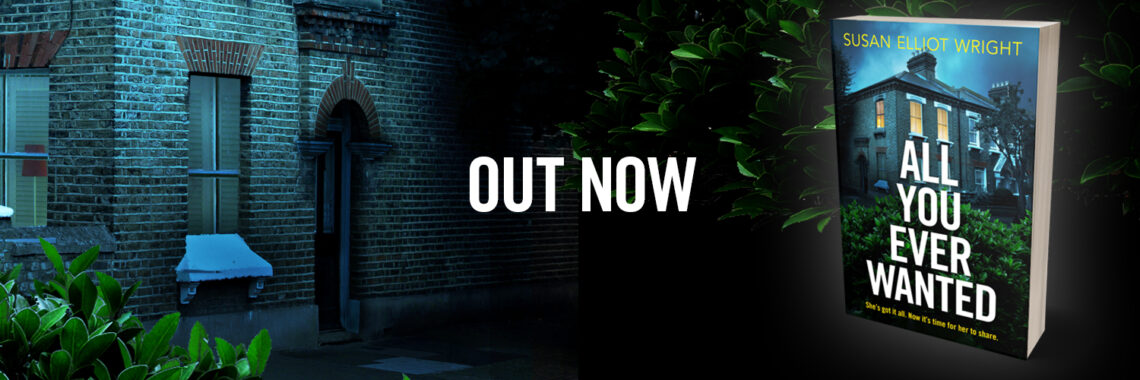I finished reading a wonderful novel recently. I’m not going to name it because this blog post will be a spoiler in itself. The novel gripped me from the start. The two viewpoint characters were convincing and engaging, and although neither were perfect, I soon began to find one of them more sympathetic than the other. Both voices were strong and the writing was vivid and compelling. In fact, it was one of those books that creeps into your consciousness even when you’re doing other things. I’d find myself looking forward to the moment I could pick the book up again, thinking about the characters and wanting to get back to them to see how they were getting on.
As the novel progressed, the tension increased and the fortunes of the characters swung from ‘okay’ to ‘bad’ to ‘awful’ and back again several times with only the very occasional move towards ‘good’. I turned the pages eagerly, waiting for the heroine to finally achieve her goal (my God, she deserved it by now) and for the other character to get her richly deserved comeuppance.
A few pages before the end, it looked like a terrible catastrophe was about to befall the heroine and I held my breath. Just in the nick of time, phew! She got out of it. Surely all would be well now? But before very long, this poor character was yet again faced with a horrible, miserable end. I turned the page to see how her last-minute reprieve might come about, only to find the author’s acknowledgements.
I was upset. It shouldn’t have been this way. The ‘goodie’ should have had a happy ending and the ‘baddie’ should have come to grief, surely?
Well, that’s what I wanted anyway. A friend said recently that she always felt cheated If she didn’t get a happy ending; I’m not sure I felt cheated, but I did feel a little unsatisfied, and this led me to thinking about whether we as readers have the right to demand a happy ending. It also led to a slightly bigger question: is an author’s first duty to the novel’s readers or to its characters?
As I said at the start, the novel in question was beautifully written, the story was well-told and the characters felt real. And if I’m honest, the author was, I felt, very truthful in her ending. Realistically, what happened in the story is probably what would have happened if those people and their situation had been real.
Was she ever tempted to give us readers the happy ending (or at least, one bearing a glimmer of hope) so many of us crave? In terms of the integrity of her story, I think she took the more courageous route and told us the truth, but despite the fact that I absolutely loved this novel, I still can’t help feeling just slightly disappointed that things didn’t turn out as I’d have liked them to.
What do you think? Should there always be a happy ending? Is an ending with the merest suggestion of hope ok? Or should the author stay true to her story, even if it means readers might not like it?
